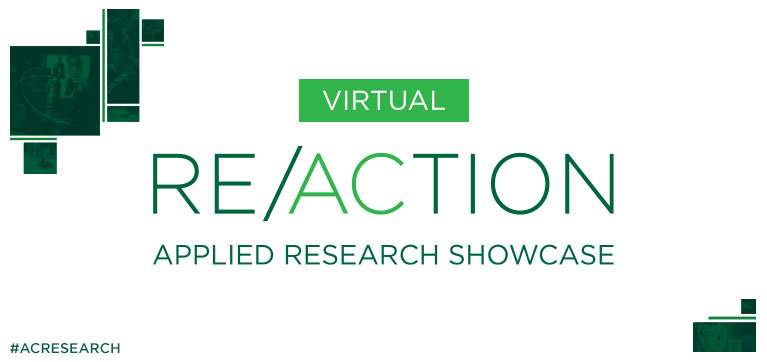 Students in the Interdisciplinary Studies in Human-Centred Design program at Algonquin College have developed a framework for an online resource portal cataloguing the genocide against the Yazidi people, as well as their culture and traditions. The project is one of many submitted for the next RE/ACTION Showcase on Friday, Aug. 12, where students will showcase leading-edge applied research to an audience of peers, faculty and community partners.
Students in the Interdisciplinary Studies in Human-Centred Design program at Algonquin College have developed a framework for an online resource portal cataloguing the genocide against the Yazidi people, as well as their culture and traditions. The project is one of many submitted for the next RE/ACTION Showcase on Friday, Aug. 12, where students will showcase leading-edge applied research to an audience of peers, faculty and community partners.
In partnership with Yazidi Legal Network, student researchers Anne Millar and Benjamin Varghese conducted research to envision what the portal could look like and developed a framework within the scope of the project. Their findings will serve as a proof-of-concept to create a database on crimes against Yazidis for various user groups, including human rights lawyers, academics, humanitarian workers and the Yazidis themselves.
Yazidis are Kurmanji-speaking peoples indigenous to the Kurdistan region. Canada has officially recognized the genocide of the Yazidi people by the Islamic State of Iraq and the Levant (ISIL), also known as Daesh. According to Immigration, Refugees and Citizenship Canada, over 1,400 Yazidi survivors of Daesh have resettled in Canada as of January 2021.